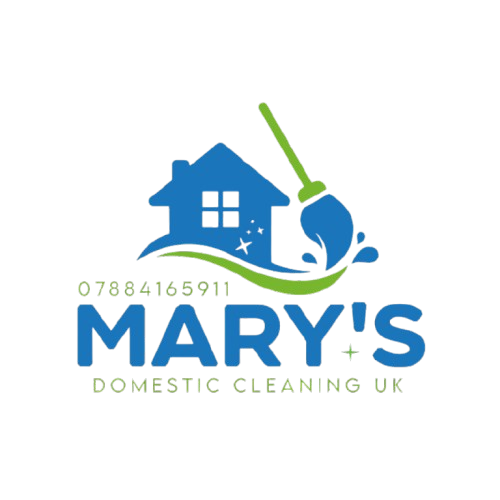In today’s evolving threat landscape, commercial and office building security is no longer a luxury — it’s a necessity. Whether it’s a corporate office, multi-tenant property, or a high-rise building, the demand for reliable security services has surged as businesses seek to protect people, property, and confidential data.
Why Commercial & Office Building Security Is Crucial
Modern workplaces are hubs of productivity, innovation, and collaboration. They’re also rich in assets — from high-value equipment to sensitive information and, most importantly, human life. Without robust security, organizations leave themselves vulnerable to a variety of risks including theft, unauthorized access, vandalism, and workplace violence.
Beyond deterring crime, a secure office environment also fosters employee well-being and builds trust among clients and partners.
Key Elements of an Effective Security Strategy
1. Access Control Systems
Regulating who can enter and exit the premises is a fundamental aspect of building security. Electronic access control systems — including keycards, biometric scanners, and mobile authentication — ensure that only authorized personnel gain entry to restricted areas.
In large office complexes, zone-based access further enhances security by limiting access based on clearance levels.
2. Video Surveillance (CCTV)
Surveillance cameras act as both a deterrent and a vital investigative tool. Strategic placement of high-resolution CCTV systems across entrances, parking lots, lobbies, and common areas enables 24/7 monitoring and quick response in the event of suspicious activity.
Modern systems with cloud storage and AI-powered analytics provide real-time alerts, helping to proactively address security threats.
3. On-Site Security Personnel
While technology plays a big role, trained security officers add a critical human element to commercial security. They provide physical presence, manage visitor protocols, respond to incidents, and assist during emergencies such as evacuations or medical situations.
Their presence alone can discourage unwanted behavior and reinforce the importance of a secure environment.
4. Alarm & Intrusion Detection Systems
These systems alert security teams or emergency services to unauthorized entry or suspicious movement after hours. When integrated with other security measures, they form a responsive network that ensures quick containment of threats.
5. Emergency Response Planning
Every building should have a tailored emergency protocol that covers scenarios like fire, natural disasters, intrusions, and cyber incidents. Regular drills, clear signage, and communication systems ensure occupants know how to act in case of danger.
Tailoring Security Services to Building Type
Each commercial space has unique needs. A high-rise with multiple tenants will require different solutions than a standalone corporate headquarters. Here’s how security services can be customized:
-
Corporate Offices: Emphasis on data protection, controlled access, and executive safety.
-
Medical Buildings: Patient confidentiality and pharmaceutical security are top priorities.
-
Retail Complexes: Require a focus on both internal theft and customer safety.
-
Industrial Facilities: Security services often include perimeter patrols, hazardous material protocols, and surveillance over wide areas.
A qualified security provider will assess the building layout, foot traffic, and risk profile to design an optimal protection plan.
Integrating Technology with Human Expertise
While tech-based solutions offer automation and efficiency, they should complement, not replace, human judgment. The most effective commercial and office building security systems seamlessly blend intelligent software with professional oversight.
For instance, a smart video analytics system can flag unusual activity, but trained personnel are needed to interpret and act on that data appropriately.
The Business Impact of High-Quality Security
Investing in premium security services pays off in many ways:
-
Reduced Liability: Minimize exposure to lawsuits by ensuring safety regulations are upheld.
-
Enhanced Brand Reputation: Clients and tenants feel more confident doing business in a secure environment.
-
Employee Retention: A safe workplace is a major factor in job satisfaction and retention.
-
Operational Continuity: Prevent disruptions from criminal acts, protests, or emergencies.
Choosing the Right Security Partner
When selecting a provider for your security, consider the following:
-
Experience in handling properties of similar scale and complexity.
-
Licensing and certifications, especially for armed personnel.
-
Technology integration capabilities, ensuring they can implement or manage surveillance, alarms, and access systems.
-
24/7 monitoring and response services, to guarantee round-the-clock protection.
-
Customized service packages, as no two properties are the same.
A good provider should also offer ongoing training for guards, conduct regular system checks, and remain flexible as your building’s needs evolve.
Conclusion
In a world where threats are increasingly sophisticated, commercial and office building security is a critical component of business success. It goes beyond installing a few cameras or hiring a night guard — it’s about designing an integrated security ecosystem that protects assets, safeguards people, and supports operational continuity.
By adopting a layered approach that combines smart technology, trained professionals, and proactive planning, businesses can create a secure and resilient environment that fosters growth and trust.




